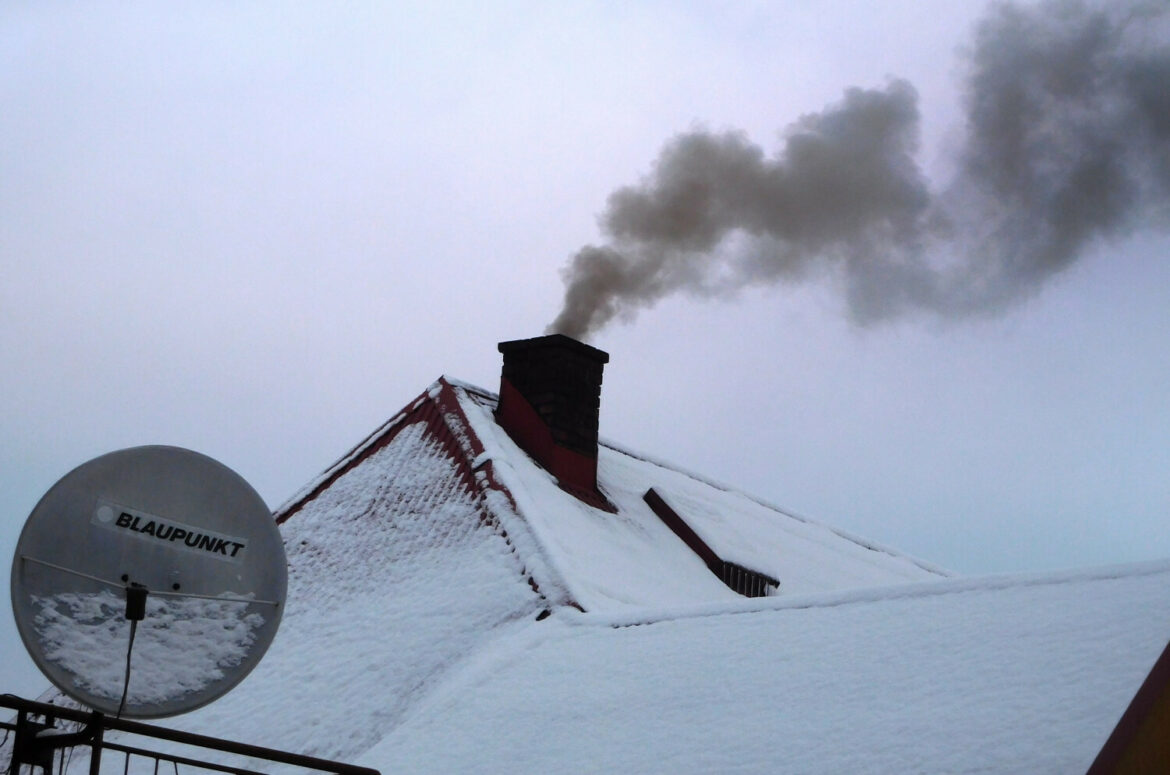4 % of Polish households burn rubbish, according to a survey conducted by the Polish Economic Institute (PIE) on a representative group of households. There are approx. 14 million households. This means that around 560,000 of them were using poor-quality fuels for their energy needs.
This figure is almost twice as high for households living in single-family houses, at 7%. As many as 25% of households declare that in the last 12 months they have occasionally used fuels of poor quality, such as fine coal, wood or biomass, for energy needs.
As many as 29 % of respondents admitted to having used these fuels in the previous five years. Wood and biomass are used for energy needs by 18 % of households, 9 % of households use poorer quality coal such as fine and dust coal.
Waste was most often burnt by households operating in single-family houses (85 % of those burning rubbish) located in a village or town of less than 20 000 people (71 %). The majority of these were households with four or more persons (52 %), using a coal, wood or biomass cooker as the main source of heating (68 %).
94 % of the surveyed households declaring to be burning rubbish do not have access to hot water, 91 % – to central heating, and 64 % – to the gas network. Thermal conditions were a major challenge, with 46 % of those burning rubbish living in a house that was not properly insulated and 54 % using supplementary heating sources.
Despite the energy crisis of 2021-2023, 14 % fewer Polish households than in the last 5 years declared that they use poor-quality solid fuels for heating: fine and pulverised coal, wood, biomass, and rubbish. 5 % of households declared they had moved away from poorer quality coal in the last 5 years, 4 % had moved away from burning wood and biomass, and 2 % of households had moved away from burning rubbish.
Adrian Andrzejewski





